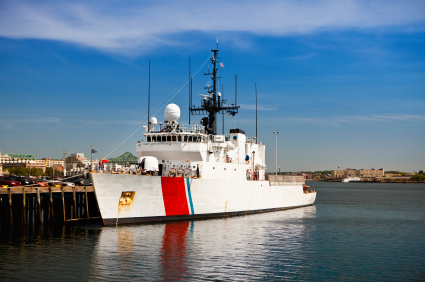
Public-private research partnerships would explore alternatives to GPS.
Amidst growing anxiety of a shortage of spectrum for wireless communications and concerns about receiving unwanted signal interference that could make Global Positioning Systems (GPS) unusable, the U.S. Coast Guard is reaching out to private industry to develop new geolocational wireless technologies.
Under authority delegated from the Department of Homeland Security, the Coast Guard has proposed entering into a Cooperative Research and Development Agreement (CRADA) with at least one non-federal entity to develop the new technology.
CRADA research would be funded by a nongovernmental source, but the Coast Guard would share research resources such as access to former Long Range Navigation locations and the authorization to use test frequencies in the range of 90 kHz to 500 kHz. Current GPS receivers, which calculate location based on time algorithms, use frequencies between 1100 and 1600 MHz.
Additionally, any nongovernmental partner would have access to at least one Coast Guard vessel for signal testing. The Coast Guard has already identified one private entity with which to partner for testing, but will accept proposals from other parties until February 10, 2012.



